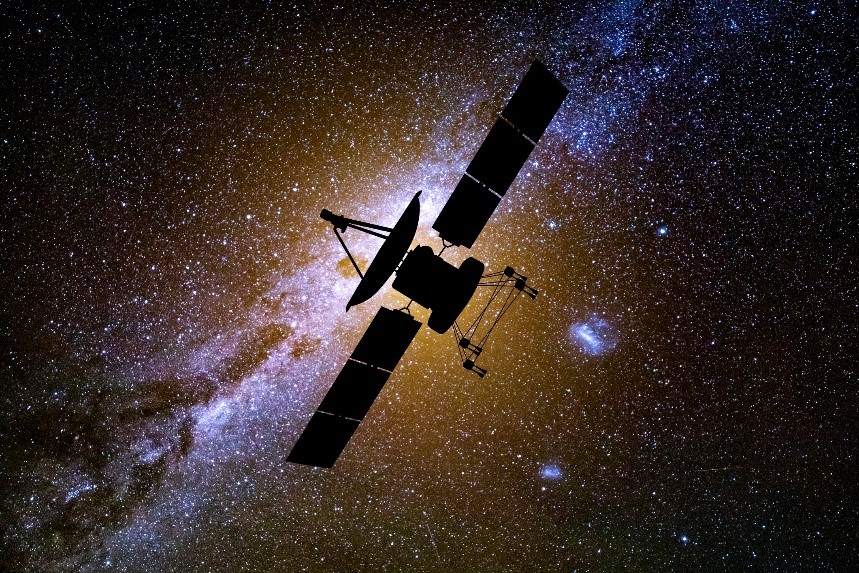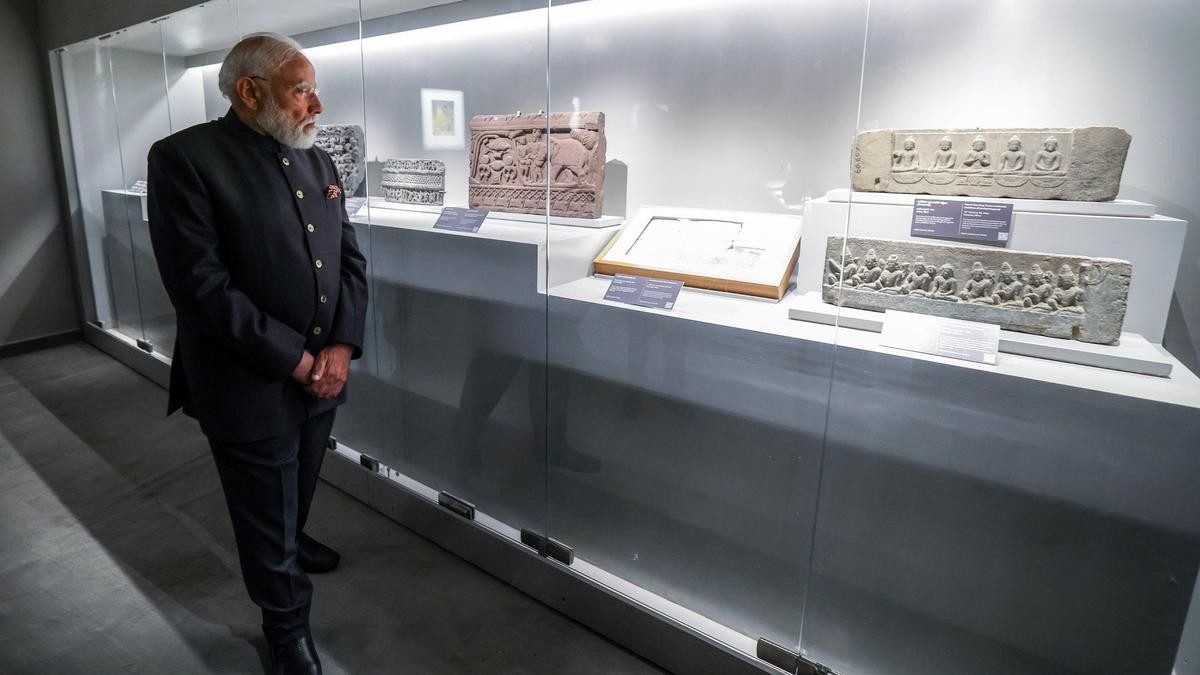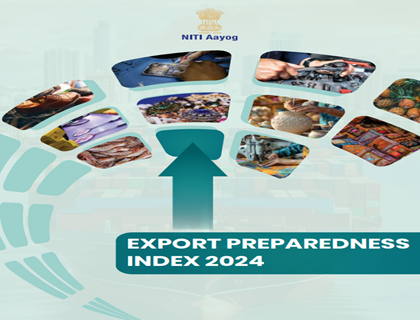Description

Disclaimer: Copyright infringement not intended.
Context
- The Union Cabinet approved changes to the Foreign Direct Investment (FDI) policy for the space sector, allowing up to 100 percent foreign investment under the automatic route for certain activities.
Key Changes:
- Manufacturing of Components: Up to 100 percent FDI is permitted under the automatic route for manufacturing components and systems or sub-systems for satellites, ground segments, and user segments.
- Satellite Manufacturing: Up to 74 percent FDI is now permitted under the automatic route for satellite manufacturing and operation, satellite data products, and Ground Segment and User Segment.
- Launch Vehicles: Up to 49 percent FDI is permitted under the automatic route for launch vehicles and associated systems or subsystems, including the creation of spaceports. FDI beyond 49 percent in these activities will require government approval.

Rationale:
- The changes aim to attract potential investors to invest in Indian companies in the space sector, aligning with the vision and strategy under the Indian Space Policy 2023.
Consultation Process:
- The Department of Space consulted with internal stakeholders like IN-SPACe, ISRO, and NSIL, as well as several industrial stakeholders. Non-government entities have developed capabilities and expertise in satellite and launch vehicle technologies, and increased investment is expected to enhance their share of the global space economy.
Indian Space Policy 2023
Vision: The policy aspires to cultivate a robust commercial presence in space, recognizing the private sector as a pivotal participant in the space economy.
Key Highlights:
InSPACe (Indian National Space Promotion and Authorisation Centre):
- Acts as a centralized clearance and authorization agency for space endeavors.
- Shares technologies, practices, and processes with non-government entities (NGEs).
- Establishes a consistent regulatory framework for NGEs.
- Functions as a promoter and regulator, facilitating industry clusters and issuing liability guidelines.
New Space India Limited (NSIL):
- Commercializes space technologies and platforms developed through public investment.
- Manages manufacturing, leasing, or procurement of space components, technologies, and platforms.
Department of Space:
- Offers comprehensive policy guidelines and implements space technologies.
- Coordinates international cooperation in space governance.
Rationalizing ISRO's Role:
- ISRO will concentrate on R&D, transferring mature systems to industries for commercial utilization.
- Shares technologies and best practices with government and non-government entities.

Private Sector's Role:
- NGEs are permitted to engage in end-to-end activities in the space sector.
- Can develop and operate launch vehicles, establish infrastructure, and participate in commercial space activities.
Gaps in the Policy:
- Absence of a defined timeline for IN-SPACe's essential actions and ISRO's transition.
- Lack of clear regulations for FDI, licensing, and government procurement for space startups.
- Uncertainty regarding IN-SPACe's legislative authority and role.
Suggestions to Fill the Gaps:
- Introduce a bill granting statutory status to IN-SPACe with specific timelines for ISRO and IN-SPACe.
- Address ambiguity related to Foreign Investment and government support for space startups.
|
PRACTICE QUESTION
Q. Which of the following changes were approved by the Union Cabinet regarding Foreign Direct Investment (FDI) policy for the space sector?
A) Up to 100 percent FDI under the automatic route for satellite manufacturing and operation.
B) Up to 74 percent FDI under the automatic route for manufacturing components and systems for satellites.
C) Up to 49 percent FDI under the automatic route for launch vehicles and associated systems.
D) All of the above
Correct Answer: D) All of the above
|














